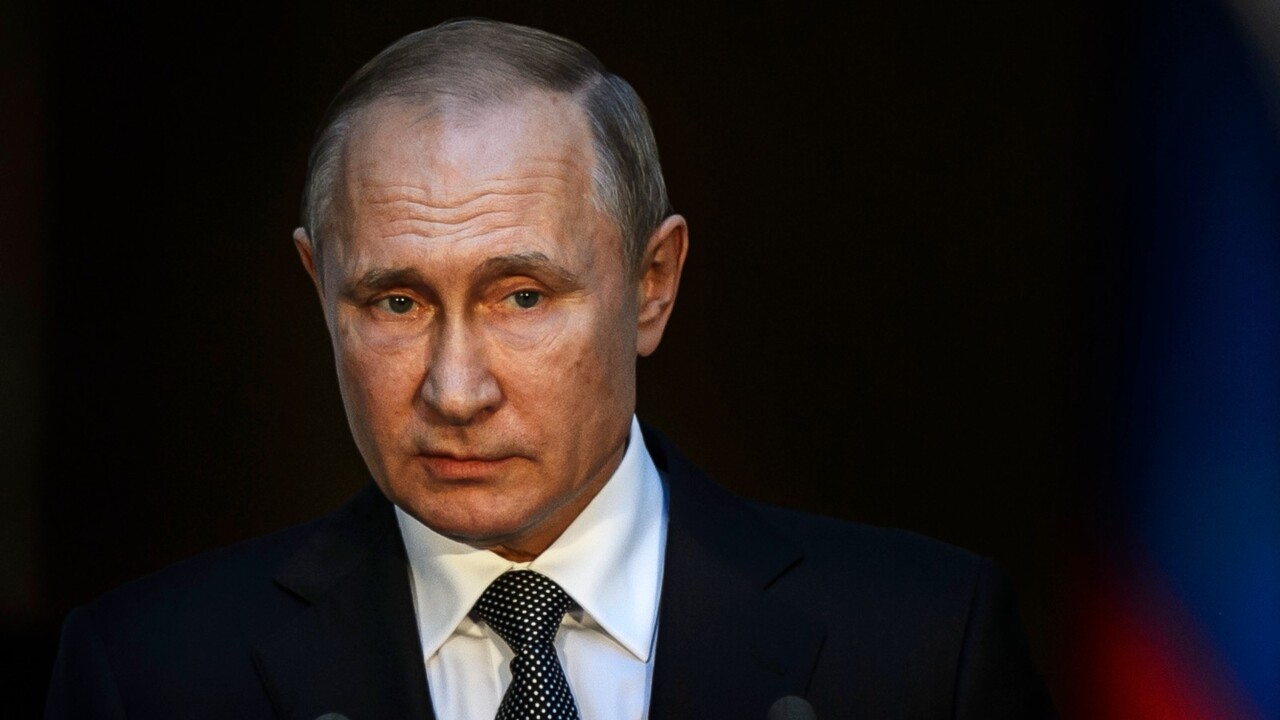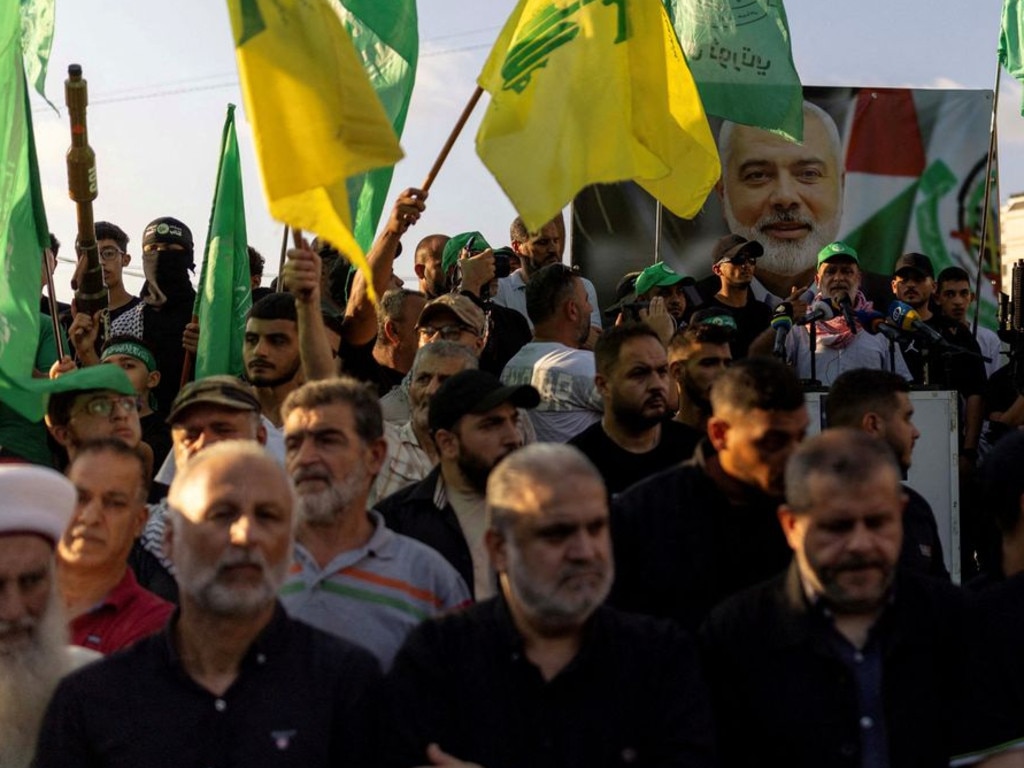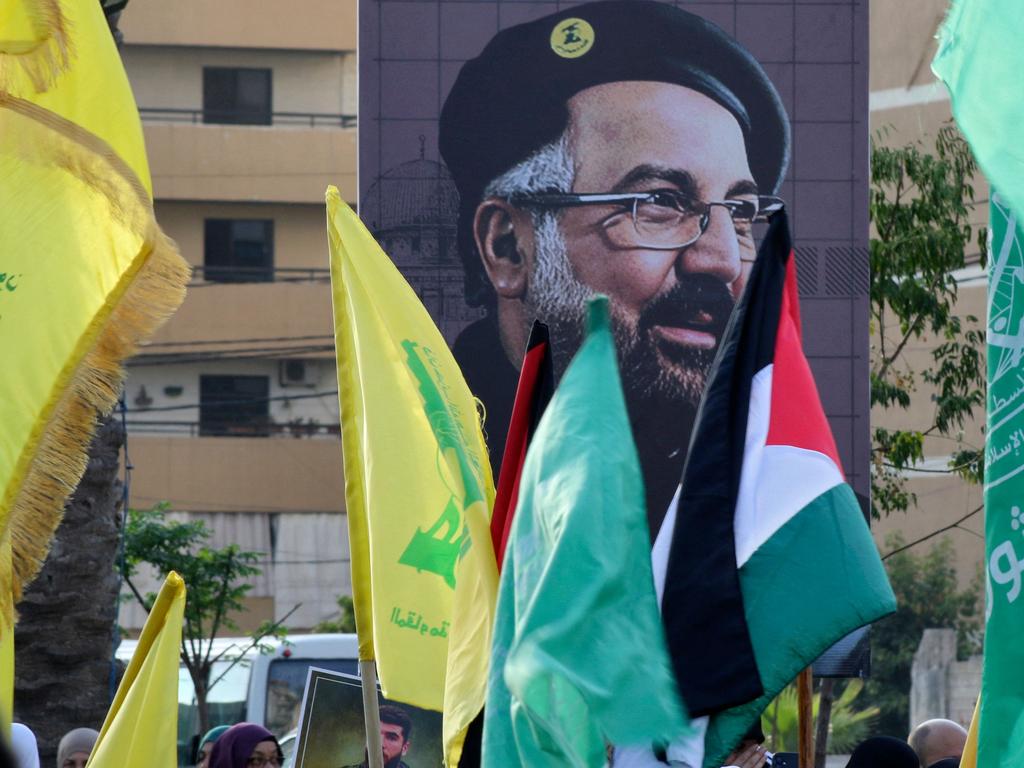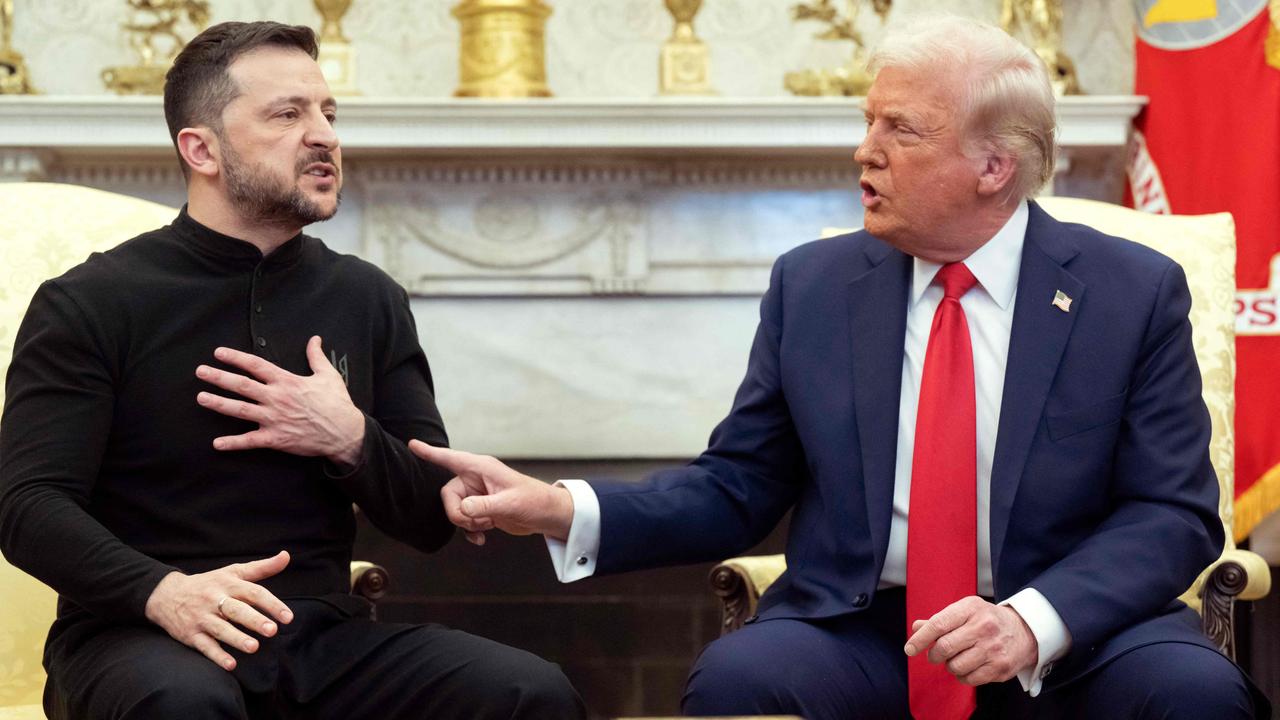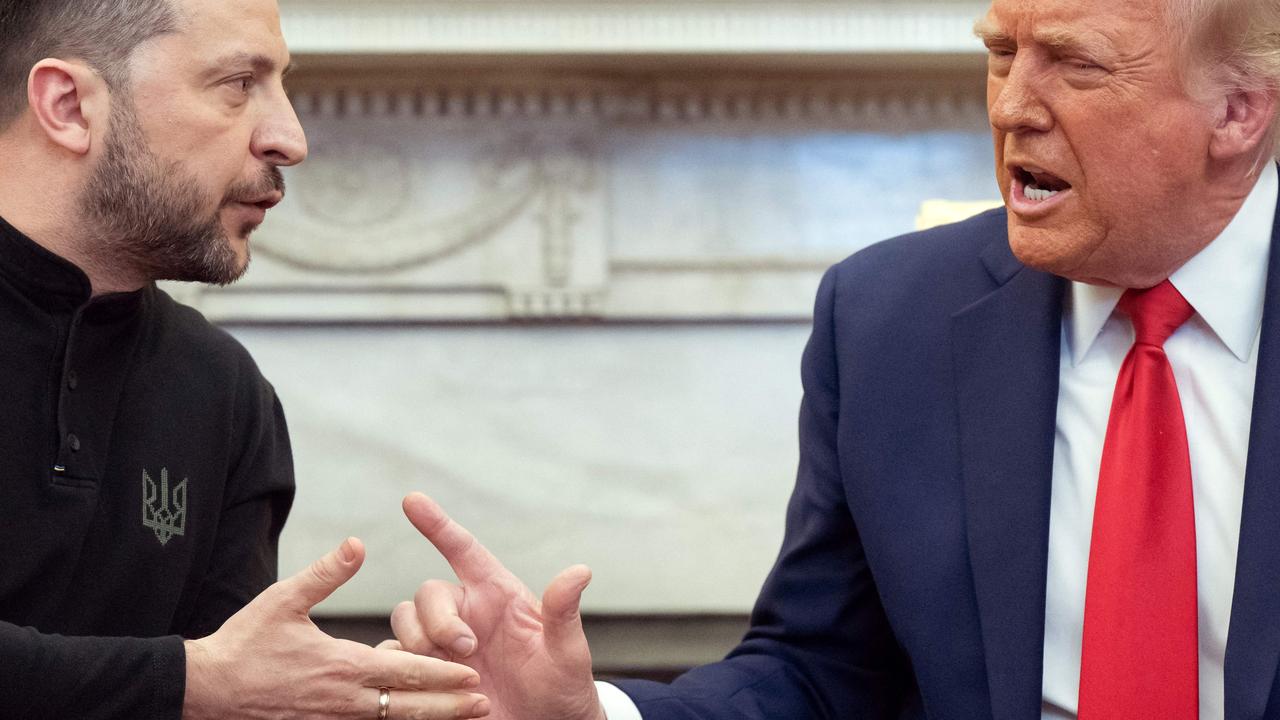Mossad infiltrated Iranian security to kill Hamas leader Ismail Haniyeh: report
Iranian agents hired by Mossad have been seen on CCTV planting explosives used to killed Hamas political leader Ismail Haniyeh, says a report. But Iran insists a projectile was used.
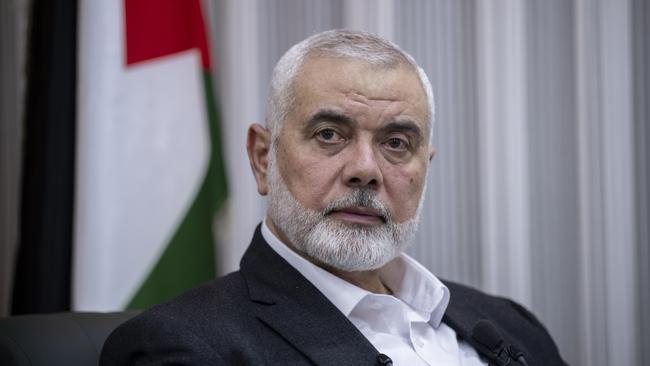
Iranian agents hired by Mossad have been seen on closed-circuit television planting explosives that were used to killed the Hamas political leader, Ismail Haniyeh, during the week, according to a British newspaper report.
Explosive devices were placed in three rooms of the Tehran guesthouse where Hamas leader was staying, then one was detonated remotely from abroad, the newspaper reported.
Mossad, Israel’s intelligence agency, hired the two Iranian security agents, the London Daily Telegraph reported.
The original plan was to assassinate Haniyeh in May when he attended the funeral of Ebrahim Raisi, Iran’s former president it said. Raisi died in a helicopter crash.
The operation didn’t go ahead due to the large crowds inside the building, two Iranian officials of the elite Islamic Revolutionary Guard Corp are quoted by The Telegraph as saying.
“Instead, the two agents placed explosive devices in three rooms of the Islamic Revolutionary Guard Corp guesthouse in north Tehran where Haniyeh might stay,” the newspaper said.
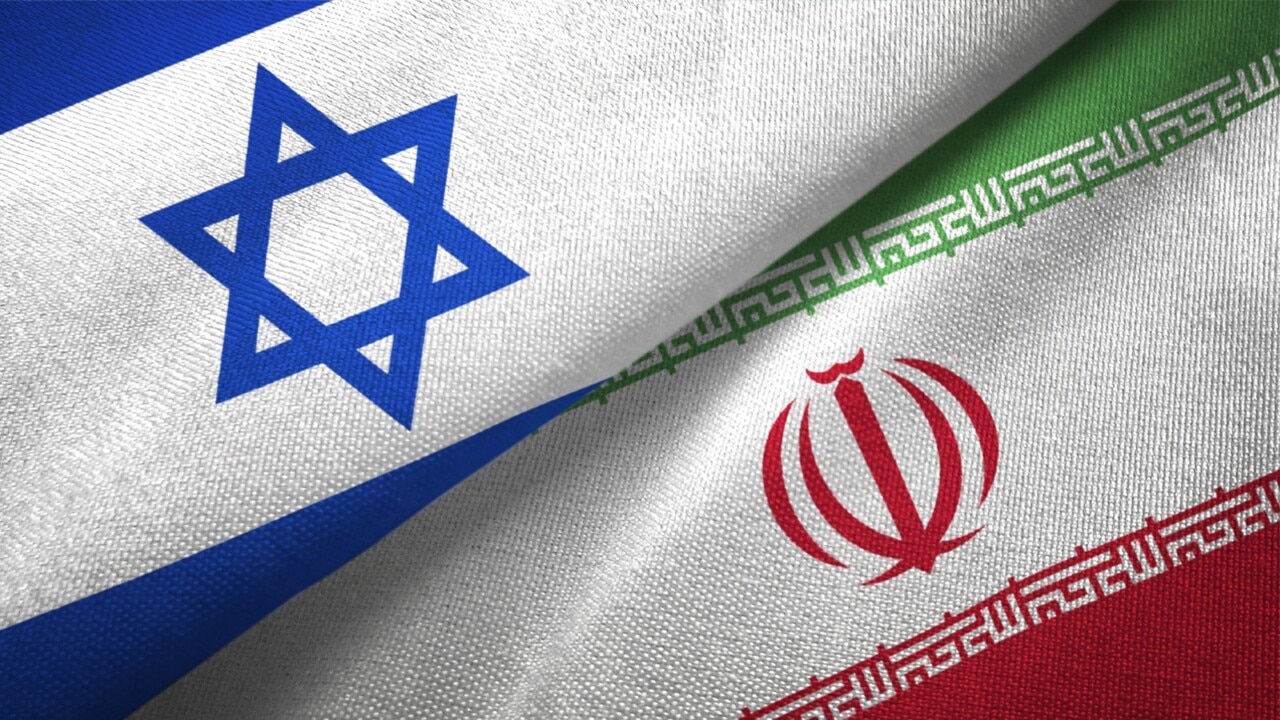
The agents were said to from the Corp’s Ansar al-Mahdi protection unit, which protects high-ranking officials.
“The agents were seen moving stealthily as they entered and exited multiple rooms within minutes, according to the officials who have CCTV footage of the building,” the report said.
“The operatives are then said to have left the country but had a source still in Iran. At 2am on Wednesday, they detonated explosives from abroad in the room where Haniyeh was staying.’’
Haniyeh was in Tehran for the inauguration of President Masoud Pezeshkian, who has succeeded Raisi.
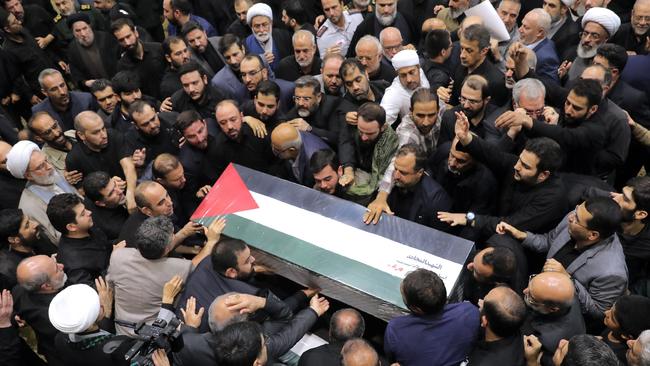
Official version sticks to the projectile story
Despite the report on agents’ collaboration, Iran’s Revolutionary Guards, Islamic Revolutionary Guard Corp, said on Saturday that Israel had killed Haniyeh using a “short-range projectile” launched from outside of his accommodation in Tehran.
“This terrorist operation was carried out by firing a short-range projectile with a warhead of about 7 kilograms – causing a strong explosion – from outside the accommodation area,” the Guards said in a statement.
It added that Israel was “supported by the United States” in the attack.
The Guards repeated their insistence that Haniyeh would be avenged and that Israel would receive “a severe punishment at the appropriate time, place and manner”.
Israel, which has declined to comment on Haniyeh’s killing, had earlier struck a Hezbollah stronghold in south Beirut.
That strike killed a senior commander of the Lebanese militant group it blamed for a deadly weekend rocket strike on the Israeli-annexed Golan Heights.
The killings are the latest of several major incidents that have inflamed regional tensions during the Gaza war, which has drawn in Iran-backed militant groups in Syria, Lebanon, Iraq and Yemen.
In Iran, the voices clamouring for revenge have intensified since Haniyeh’s killing.
On Saturday, the ultraconservative Kayhan daily said retaliatory operations were expected to be “more diverse, more dispersed and impossible to intercept”.
“This time, areas such as Tel Aviv and Haifa and the strategic centres and especially residences of some officials involved in the recent crimes are among the targets,” the newspaper said in an opinion piece.
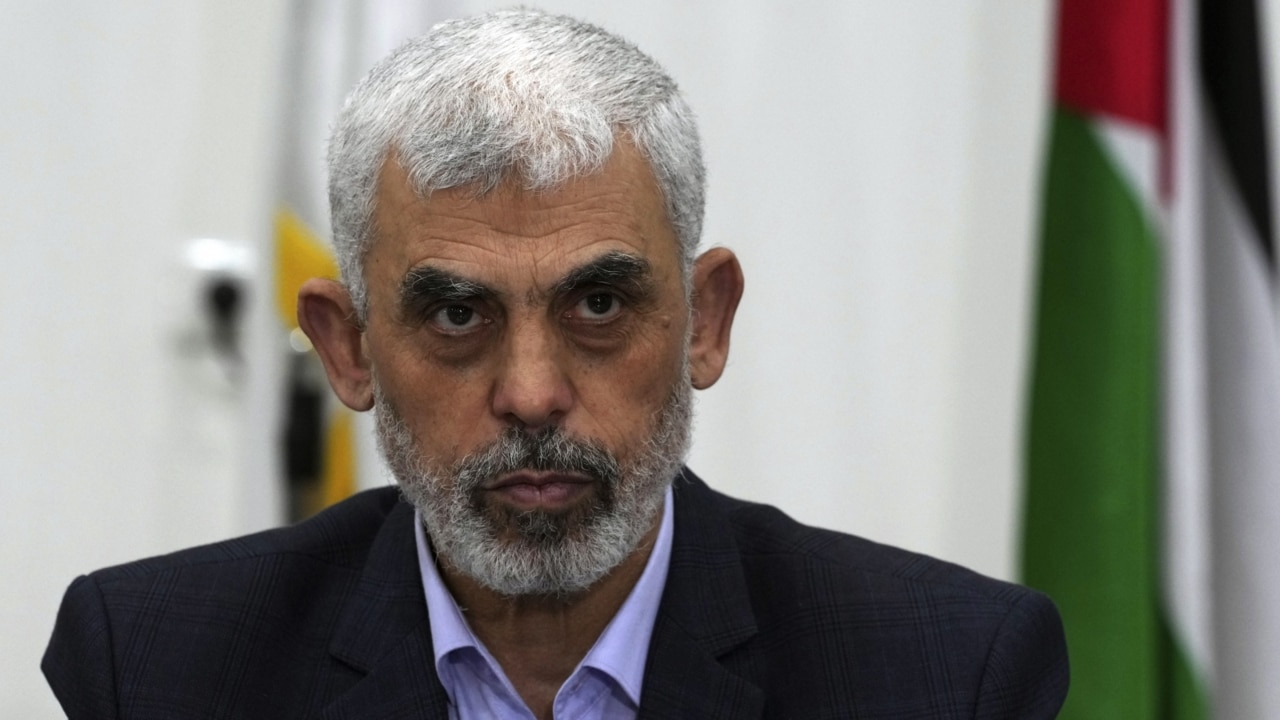
Israel and the US are preparing for an unpredictable Iranian retaliatory strike on Israel as soon as this weekend, as Tehran stonewalls diplomats trying to prevent a regional Middle East war.
Israel said pn Friday its military was on high alert, while US officials worked to get military assets and regional partners ready to stop another attack that some fear could be broader and more complex than an Iranian assault in April.
AFP reports the Pentagon announced on Friday that it would bolster its military presence in the Middle East, deploying additional warships and fighter jets to the region to “mitigate the possibility of regional escalation by Iran” or its proxies.
Defence Secretary Lloyd Austin “has ordered adjustments to US military posture designed to improve US force protection, to increase support for the defence of Israel, and to ensure the United States is prepared to respond to various contingencies,” the report quotes deputy Pentagon press secretary Sabrina Singh as saying in a statement.
More Coverage
